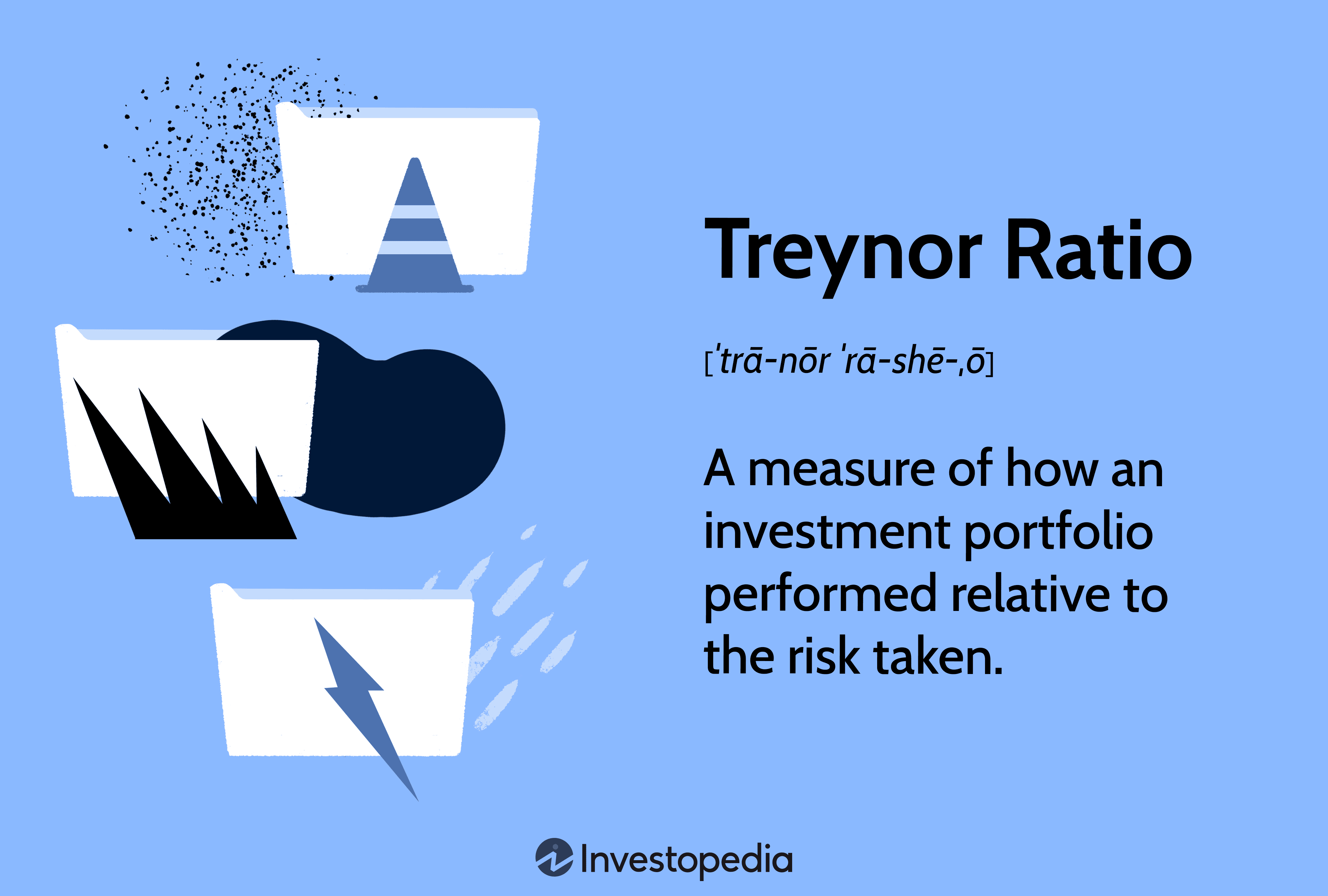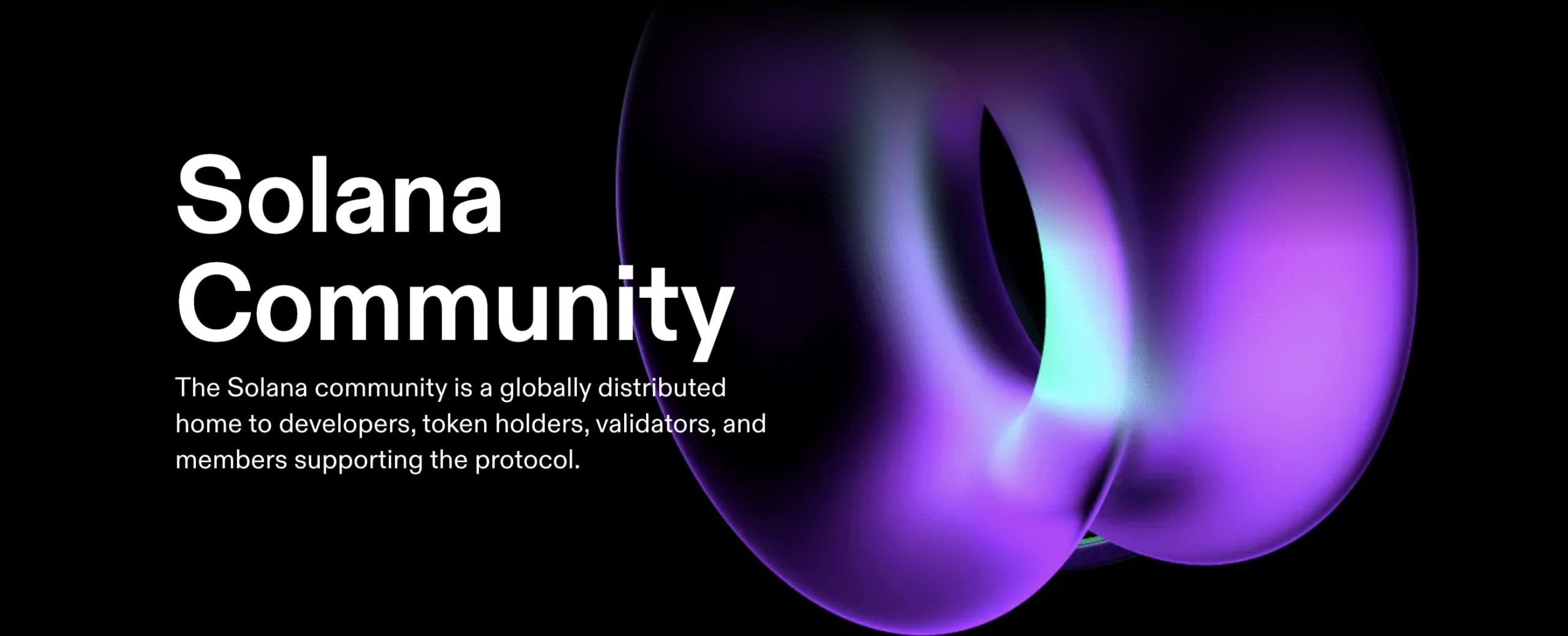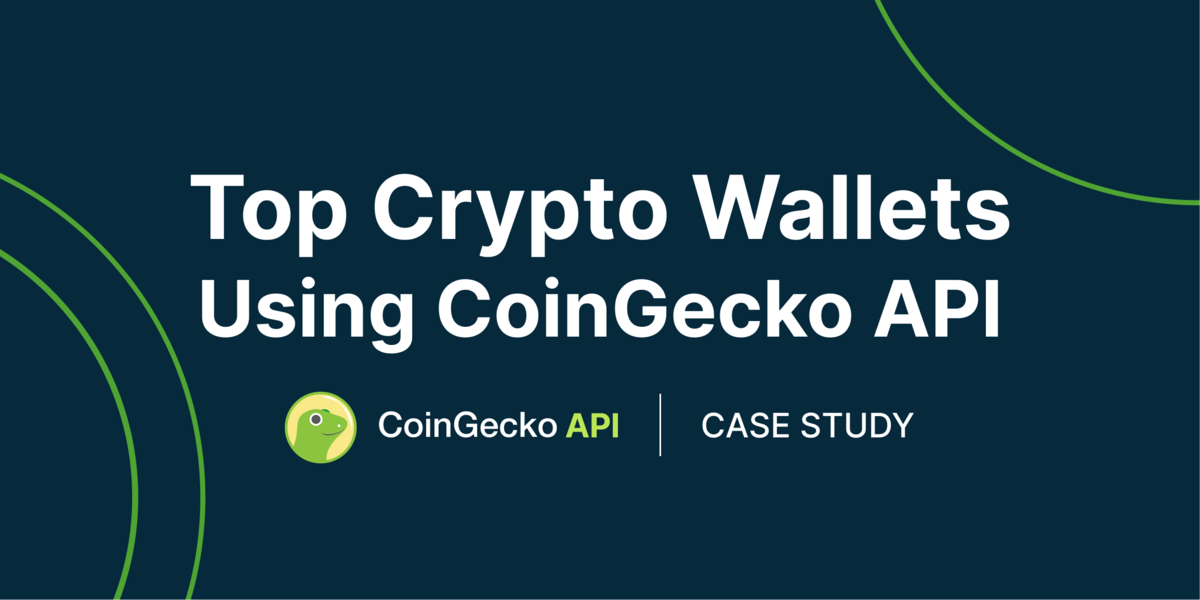You are here:Norfin Offshore Shipyard > markets
Which Bitcoin Cash Fork: A Comprehensive Analysis
Norfin Offshore Shipyard2024-09-21 17:32:29【markets】7people have watched
Introductioncrypto,coin,price,block,usd,today trading view,The world of cryptocurrencies has always been dynamic, with new developments and forks occurring fre airdrop,dex,cex,markets,trade value chart,buy,The world of cryptocurrencies has always been dynamic, with new developments and forks occurring fre
The world of cryptocurrencies has always been dynamic, with new developments and forks occurring frequently. One such event that has recently garnered attention is the Bitcoin Cash fork. In this article, we will delve into the details of the Bitcoin Cash fork, its implications, and the various outcomes that emerged from this significant event.
The Bitcoin Cash fork refers to the division of the Bitcoin Cash network into two separate chains, each with its own set of rules and features. This fork occurred on November 15, 2020, and resulted in the creation of two distinct cryptocurrencies: Bitcoin Cash ABC (BCH-ABC) and Bitcoin Cash SV (BCH-SV).
The primary reason behind the Bitcoin Cash fork was the ongoing debate within the Bitcoin Cash community regarding the block size limit. Proponents of increasing the block size limit argue that it is necessary to handle the growing transaction volume and improve scalability. On the other hand, opponents believe that increasing the block size limit would compromise the network's decentralization and security.
The Bitcoin Cash fork was a result of the Bitcoin Cash community's inability to reach a consensus on the block size limit. This led to the creation of two separate chains, each with its own set of rules and features. Let's take a closer look at the two forks that emerged from this event.

1. Bitcoin Cash ABC (BCH-ABC):
Bitcoin Cash ABC, also known as Bitcoin Cash, is the continuation of the original Bitcoin Cash chain. It adheres to the original vision of Bitcoin Cash, which includes increasing the block size limit to improve scalability. Bitcoin Cash ABC also implements the new BIP9 soft fork, which allows for the activation of the new block size limit without the need for a hard fork.
The Bitcoin Cash ABC fork was supported by a majority of Bitcoin Cash miners and developers. It aims to maintain the original Bitcoin Cash vision and provide a more scalable and efficient network for users.
2. Bitcoin Cash SV (BCH-SV):

Bitcoin Cash SV, on the other hand, is a hard fork of Bitcoin Cash ABC. It was initiated by Craig Wright, who claims to be the creator of Bitcoin. Bitcoin Cash SV aims to implement a larger block size limit, which is believed to be necessary for the network's long-term scalability and efficiency.
The Bitcoin Cash SV fork has faced criticism from the Bitcoin Cash community, with many arguing that it goes against the original vision of Bitcoin Cash. Despite this, Bitcoin Cash SV has gained a significant following, primarily due to the support of Craig Wright and his company, nChain.
The Bitcoin Cash fork has had a significant impact on the cryptocurrency market. Both Bitcoin Cash ABC and Bitcoin Cash SV have seen varying degrees of success, with their market capitalizations fluctuating accordingly. The debate over the block size limit continues to divide the Bitcoin Cash community, with each fork representing a different perspective on the future of the network.
In conclusion, the Bitcoin Cash fork, which occurred on November 15, 2020, resulted in the creation of two separate chains: Bitcoin Cash ABC and Bitcoin Cash SV. Each fork represents a different vision for the future of the Bitcoin Cash network, with Bitcoin Cash ABC focusing on scalability and Bitcoin Cash SV emphasizing a larger block size limit. The debate over the block size limit continues to be a contentious issue within the Bitcoin Cash community, and the outcome of this fork will likely shape the future of the network.
This article address:https://www.norfinoffshoreshipyard.com/blog/57c97398969.html
Like!(7368)
Related Posts
- Bitcoin ABC Wallet Safe: Ensuring Secure and Reliable Cryptocurrency Storage
- Why Bitcoin Mining Needs GPU
- **Price Bitcoin on August 28, 2018, 11:03 PM: A Look Back at a Historic Moment
- Mike Novogratz Bitcoin Price Prediction: A Glimpse into the Future of Cryptocurrency
- Title: The Ultimate Guide to Bitcoin Wallet Recovery Tool: Safeguarding Your Cryptocurrency
- What is a Paper Bitcoin Wallet?
- Is Trust Wallet a Binance Smart Chain Wallet?
- Buy Mining Pool Shares When Bitcoin Price Is Low: A Strategic Investment Approach
- Binance Chain on Ledger: A Secure and User-Friendly Crypto Experience
- #NAME?: A Journey Through the Unknown
Popular
- Binance App QR Scanner: A Game-Changer for Cryptocurrency Transactions
- The 99 Bitcoins Wallet: A Secure and User-Friendly Cryptocurrency Storage Solution
- Free Bitcoin Mining Companies: The Ultimate Guide to Profitable Opportunities
- Mining Bitcoin in 2012 with AMD RX 280: A Look Back at the Early Days of Cryptocurrency Mining
Recent

How to Buy Cryptocurrency with USD on Binance: A Step-by-Step Guide

How to Use Bitcoin Mining Rig: A Comprehensive Guide

How Long Does Mining Bitcoin Take?

Bitcoin Price in CFA: A Comprehensive Analysis

Bitclub Bitcoin Cloud Mining: A Comprehensive Guide to the World of Cryptocurrency Investment

Bitcoin Cash Mining News: The Latest Developments in the Cryptocurrency World

**Withdraw Shiba Inu from Binance: A Step-by-Step Guide

Buy Bitcoin Using Cash: A Guide for Beginners
links
- Binance Listing Bone: A Game-Changing Move for the Cryptocurrency Market
- **Earn Bitcoin Cash Free: Discover the Best Ways to Make Money with Cryptocurrency
- How to Create a Trust Wallet on Binance: A Step-by-Step Guide
- Can a Bitcoin Wallet Hold XRP?
- Title: The Current TOCurrency Bitcoin Price: Insights and Analysis
- How to Add Money to Binance App: A Step-by-Step Guide
- How to Buy through Binance: A Comprehensive Guide
- Title: The Ultimate Guide to Bitcoin Wallet Software for Mac Users
- Colocation for Bitcoin Mining: A Strategic Solution for Efficient Operations
- Title: The Current TOCurrency Bitcoin Price: Insights and Analysis